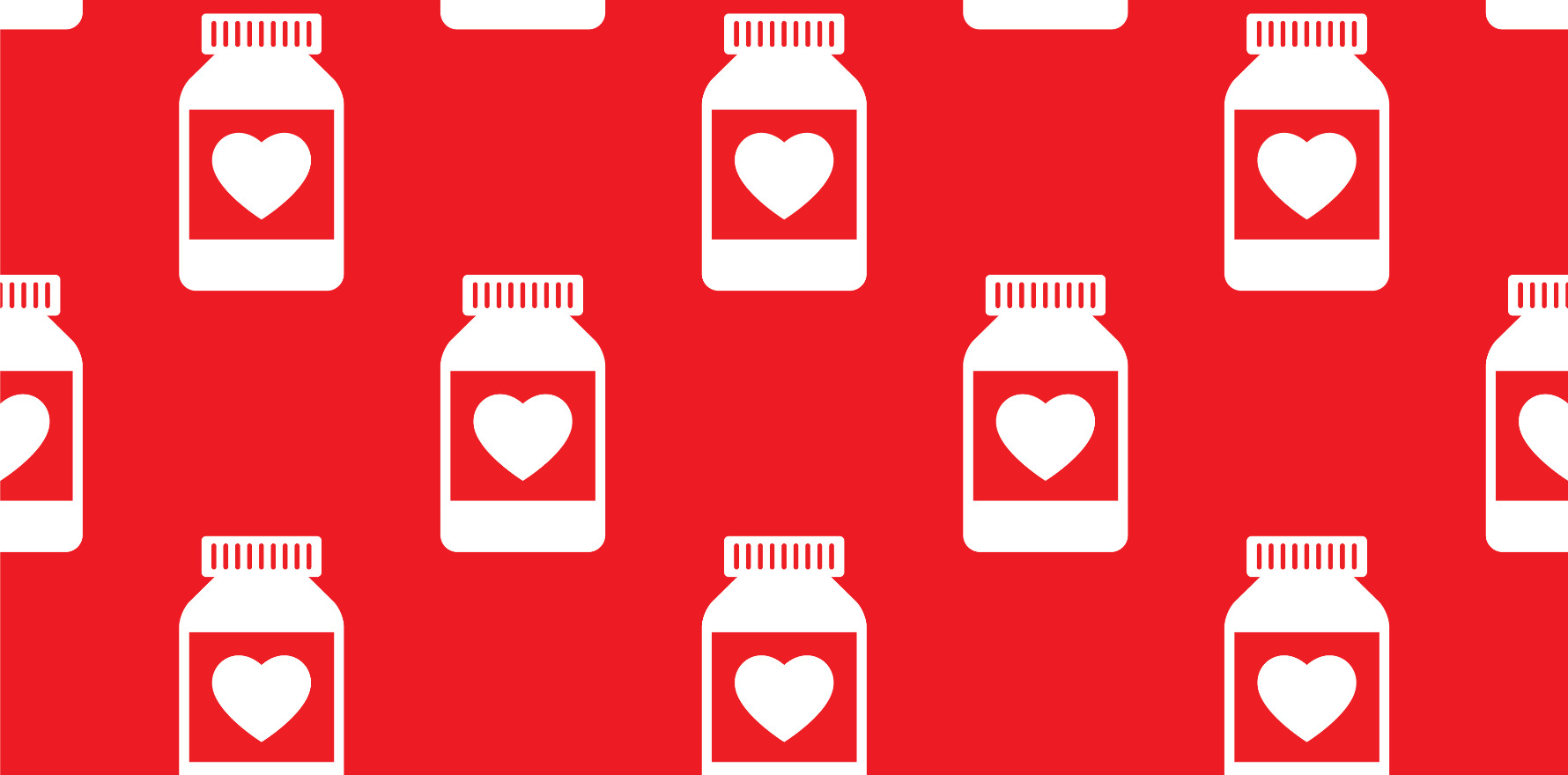They were 35% less likely to have a major cardiovascular event than those taking a placebo – a benefit twice as high as expected.
People living with HIV who are at low to moderate risk of cardiovascular disease should be considered for statin therapy, after a major study found pitavastatin treatment was linked to a significantly lower risk of major cardiovascular events.
HIV infection is an independent risk factor for cardiovascular disease, and people living with HIV have up to a two-fold greater risk of stroke and MI. But HIV is not considered in the usual cardiovascular risk calculations.
The international REPRIEVE phase 3 study, presented this week at the International AIDS Society Conference on HIV Science in Brisbane, randomised almost 8000 people with HIV infection and a low-to-moderate risk of cardiovascular disease, and whose HIV infection was controlled with antiretrovirals, to either 4mg daily of pitavastatin calcium or placebo.
The trial was brought to an early halt in March this year due to efficacy and, at a median of around five years of follow-up, showed a significant 35% lower rate of major adverse cardiovascular events – including stroke, myocardial infarction, TIA and hospitalisation for angina – in those on the statin compared to placebo.
The benefit was seen regardless of baseline LDL levels or LDL lowering during the study, was similar in men and women, and was evident even in people aged in their fifties with a baseline cardiovascular risk only around 5%.
“These are types of people who, if they came to the doctor’s office right now before REPRIEVE, they would largely be told your risk score’s not really making you eligible for a statin,” said study lead Dr Steven Grinspoon, professor of medicine at Massachusetts General Hospital and Harvard Medical School in Boston, US. “Our study suggests people who are 40 to 75 – the population we tested – with low to moderate risk should be on a statin.”
Dr Grinspoon noted that the 35% reduction in risk was about twice what would be expected with the LDL lowering seen in the study, suggesting that other factors – such as anti-inflammatory or immune effects of the statin – could be at play.
Pitavastatin was chosen for the study because it doesn’t have drug-drug interactions with antiretroviral therapy.
Commenting on the findings, Dr Laura Waters, a genitourinary and HIV medicine consultant at CNWL’s Mortimer Market Centre in London, UK, said she initially assumed the benefit would be confined to individuals at higher cardiovascular risk.
But the finding of a benefit in lower risk individuals, and particularly women, was important, she said.
“The difficulty for women is in essence they’re being underserved by cardiovascular risk estimates in HIV,” Dr Waters told TMR. “I think as the data is analysed more, we need to really think about how we’re estimating risk in women.”


